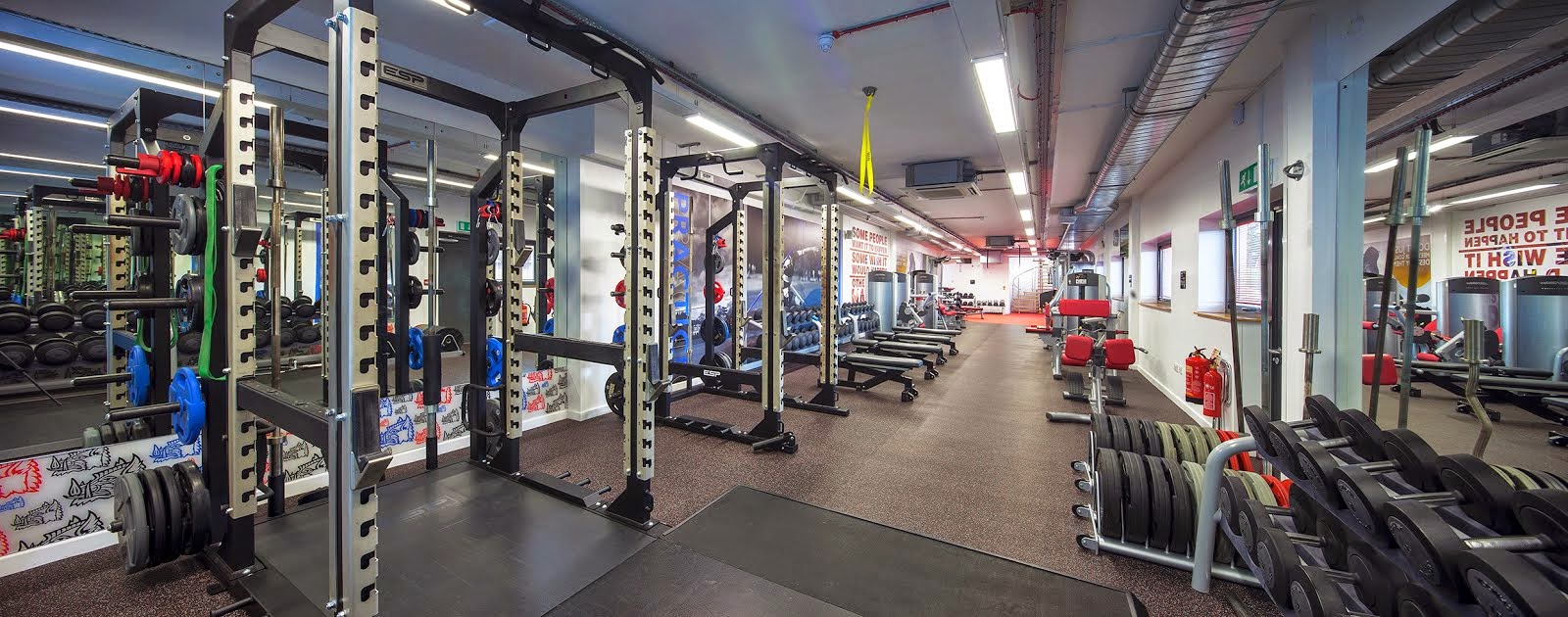I know many young men, myself included, that have worked hard to build muscle and gain size. However, it is very easy to fall victim to the clever marketing that the industry throws at us!
Last year I visited FIBO, Europe's biggest fitness exhibition in Germany. There was a whole array of new exercise classes, fitness equipment and clothing on offer. But the most visited section, by far, was the supplement area. The crowds were so big that you could barely move. All the famous fitness models were there, promoting their latest supplements, and people were queuing out of the door to meet them and buy the products they endorsed.
Unfortunately, the fitness industry is filled with 'quick fixes' and 'magic pills'. Vibrating abdominal pads to give you a six pack, weight loss pills, muscle building shakes.... What the fitness models don't tell you is the fact that they probably train hard 6 times a week. They'll often diet year round. They will have complete control of their calorie intake and the foods from which these calories come from. All this, normally combined with great genetics, gives them the physique they have on show. Drinking some form of powder does not.
The industry sells us a dream. Many of us are easily influenced by this; it is human nature. Hard-work and consistency with training and nutrition is a lot harder to 'sell' than simply buying a product that will hopefully answer your prayers.
You do not need supplements to gain weight. What you do need to focus on is consistently being in a calories surplus. Below is a formula to work out your calorie goals:
Bodyweight in pounds x 15. From there your need to add 500 calories a day to this, every day. If that doesn't work, add 1000. As you start to gain weight you will need to recalculate your requirements, as these will increase the more you grow. Again add 500-1000 calories to this.
Gaining weight doesn't need to be complicated. You can use the 'My Fitness Pal' App to track your progress. But forget the fancy protein shakes. Instead up your food intake. It sounds simple but if you have two slices of toast and two eggs for breakfast, have 4 slices of toast and four eggs! If you have one large jacket potato for lunch, see if you can squeeze two in! Doubling up at every meal is simple and effective.

Other great weight gaining foods are lots of carbohydrates (bread, pasta, rice). They are also cheap and are great for gaining weight when eaten in large amounts and combined with weight training. Also whole milk is a fantastic form of calories. If you have a son looking to gain weight, a pint of whole milk with a peanut butter and jam sandwich between each meal and before bed is a great technique and it won't break the bank! Other high calorie foods include eggs, red meat and nut butters. All include great sources of protein and fats, with high calories to match.
So the next time your son, your friend, or even you are looking to gain weight, forget the fancy tub of supplements. Instead, calculate your needs, eat for that goal and train hard!
If you need any tips or meal plans please email Oli Martin on orm@tonbridge-school.org
